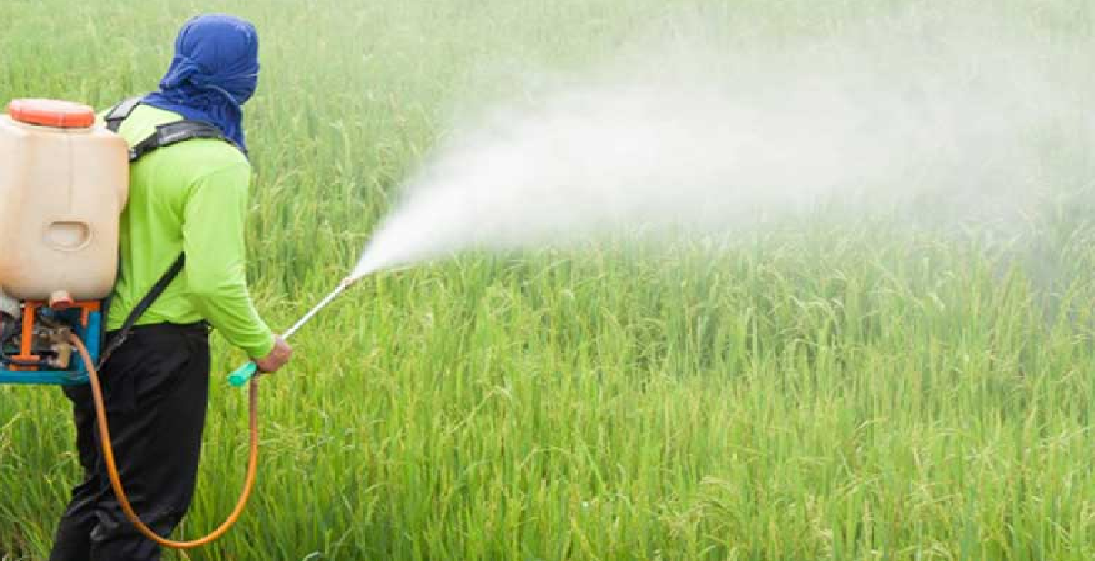
China and Russia file complaints against Brazilian meat and soy exports
Apr, 18, 2021 Posted by Ruth HollardWeek 202117
Via telegrams to the Foreign Ministry, Brazilian embassies in China and Russia reported problems with exported Brazilian foods. According to diplomats, authorities in both countries demand solutions, and there are even complaints about “lack of control” concerning Brazilian products.
Pesticide levels
According to Comex Stat, a government system for consulting and extracting Brazilian foreign trade data, soy accounted for 25% of Brazilian exports to Russia in 2020.
Moscow, for example, warned of the pesticide index above the permitted limit. In 2020 alone, the claim involved more than 300,000 tons of soybeans.
The document pointed out that Russia is tightening its control over the substance in grain products – both in the domestic market and in export and import operations.
The justification used by the country would be the high degree of toxicity of glyphosate for humans and animals, confirmed by World Health Organization (WHO) studies.
In Brazil, this pesticide is permitted by ANVISA (the national health surveillance agency).
The telegram signed by the Brazilian Ambassador to Russia, Tovar da Silva Nunes, cited that since 2019, the Russian regulatory agency has repeatedly informed MAPA about the elevated glyphosate levels.
“The Russians informed Brazilian colleagues of the need to take corrective measures as soon as possible,” wrote the diplomat.
Data from DataLiner shows that the number of vessel calling that took Brazilian soybean to Russia fell over the last two years.
Brazilian Soybean exports to Russia | 2016 to 2020 | Vessel Calls
The data also shows that the volume of soybeans shipped to Russia fell over the same time period.
Brazilian Soybean exports to Russia | 2016 to 2020 | Tons
The Beijing mission reported at least six instances of Covid-19 traces found on meat and fish packaging.
Through a note, MAPA confirmed that they routinely deal with similar subjects in the commercial relationship between countries.
“The two points mentioned have already been analyzed, and we are continuously monitoring the situation between Brazil and the governments of China and Russia. The flow of trade between these countries and Brazil remains fluid, without interruption, ”he said.
ABPA (the Brazilian association of animal protein) said, in a note, that it has developed a standard-procedures protocol with Hospital Israelita Albert Einstein, which governs companies’ attention to this matter, as well as Brazilian legislation.
“Both protect the health of employees and preserve the safety of the food produced for the domestic and international markets.
The organization also said that technical-scientific organizations related to human health and food production carried out research that found that the risk of transmission of Covid-19 by packaging is practically zero.
-
Meat
Jun, 21, 2022
0
Canada to expand the range of Brazilian meatpackers allowed to export pork
-
Shipping
Feb, 24, 2022
0
Ships Sit Empty for Weeks Waiting for Delayed Brazil Soybeans
-
Oct, 14, 2022
0
Soy smugglers bring ‘imported’ plague and tax evasion to Brazil
-
Ports and Terminals
Apr, 14, 2021
0
Paranaguá breaks record for largest soybean meal shipment


